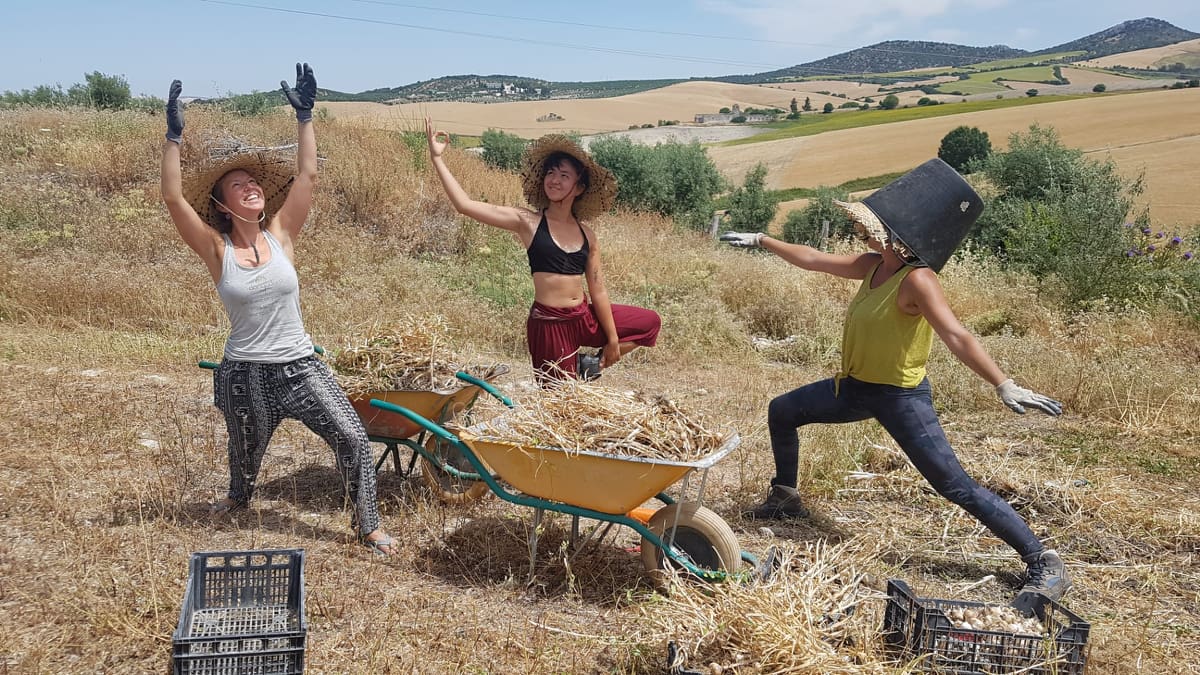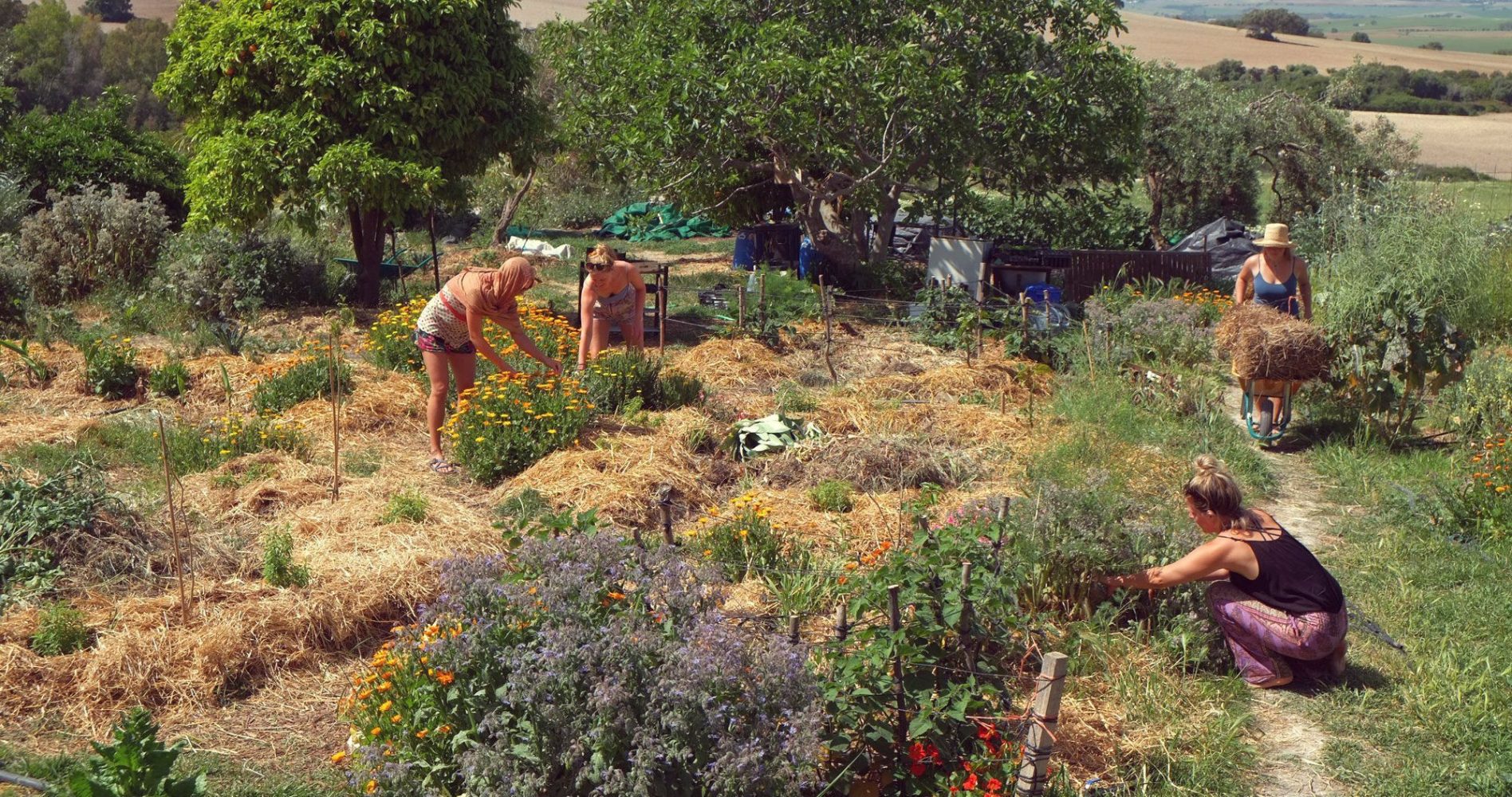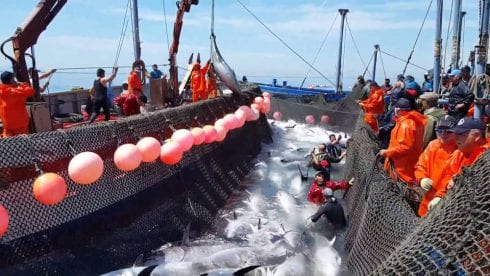THE Sierra de Grazalema sits nestled deep in western Andalucia, around 40 minutes from Ronda in the province of Cadiz.
The 51 hectare area of stunning scenery and deeply harvested agricultural land is home to “Danyadara”, a biologically diverse 20 hectare farm and retreat that is paving the way for the future of agriculture in Andalucia.
In recent years, the “desertification” of Andalucia has been well documented, with low rainfall, rising temperatures and over farming causing large areas of the province to become arid and deserted.
Expat Vidya Jacqueline Heisel along with the help of biodiversity expert Jacob Evans and a team of volunteers have transformed a previously arid and over-farmed land into a lush green Utopia, perfectly demonstrating that desertification can be reversed using the application of sustainable farming systems.

In total, 15,000 treed and shrubs have been planted, all of which have been carefully chosen for their unique features and ability to maintain a healthy flora and fauna balance.
The farm is fed through a careful irrigation system, using minimal water by utilising the “keyline” method of planting.
This method, developed in the 1950’s in Australia, uses the landscape and natural water channels to determine where trees are planted, also using dams, lockpipes and channels to direct the water to where needed.
Another unique feature of the farmland is the heavy rotation of specific animals.
“If we have animal rotation on our farm, the use of pesticides is not necessary”, said Evans, “nature is self regulating and by observing it, seeing how it works, we can learn to work with it instead of against it ”
The use of horses, alpacas and sheep keep the grass and weed levels down and in return fertilize the land with manure.
“We then enhance the feeding by the use of organic fertilisers,” explains Smith, “we use vermicompost, a natural enhancer to the ground.
Vermicompost uses earthworms and other burrowing creatures to naturally to turn the ground into organic matter, instead of using chemicals that kill off the micro-organisms.
The introduction of flowers also encourages more insects onto the land, keeping pests down to a minimum and encouraging pollination.
So far the project has recovered nearly seven hectares of ancient olive trees, as well as various fruit trees including lemons, strawberries, figs and cocoa.
The farms aim is to eventually become profitable within 15 years, by producing enough crop to become self-sufficient.
The entire project is reliant on donations and crowd funding and regularly holds workshops and teaching classes at the information centre.
“We want to inspire others and share what we are applying here,” says Evans.











